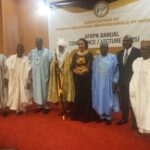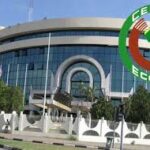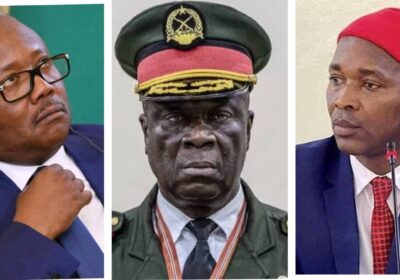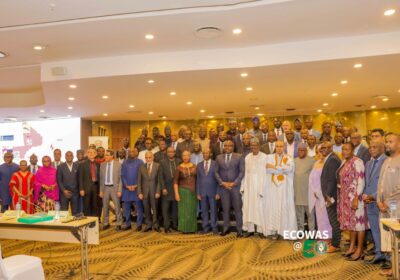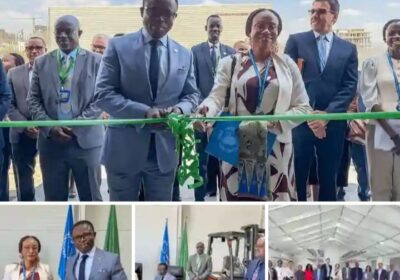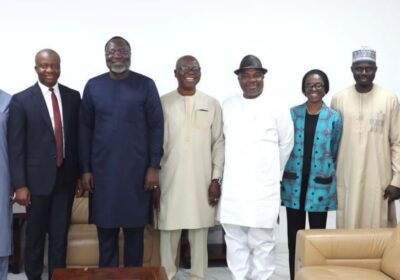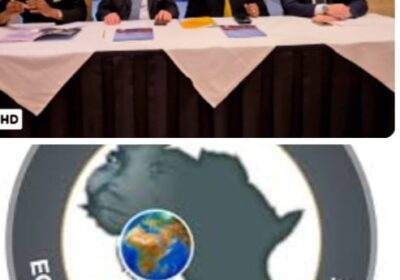ECOWAS and EU Unveil FMM II: A New path for Migration in West Africa
By Raymond Enoch
In a historic move that signals a transformative shift in West Africa’s migration landscape, the Economic Community of West African States (ECOWAS) and the European Union (EU) have officially launched the second phase of the Free Movement and Migration (FMM II) project.
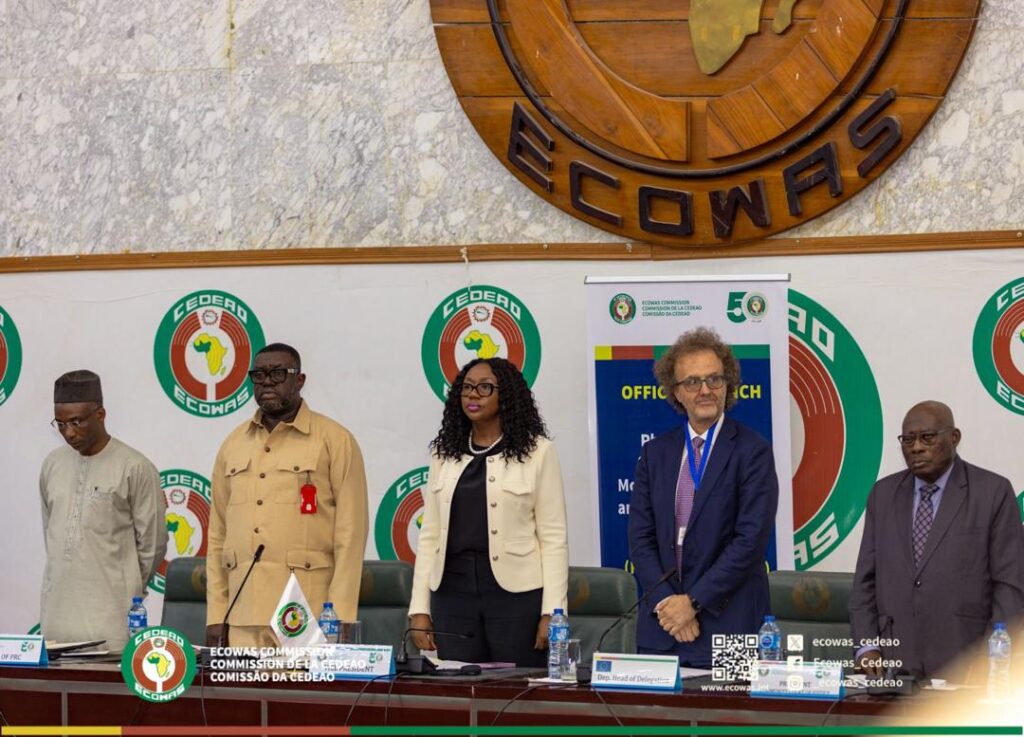
This landmark initiative is designed to strengthen free movement, enhance migration governance, and drive economic growth across the region.
The high-profile event which took place in Abuja was graced by key regional and international stakeholders, including the Vice-President of the ECOWAS Commission, H.E. Damtien L. Tchintchibidja, the EU Head of Cooperation, Mr. Massimo De Luca, and the ECOWAS Commissioner for Economic Affairs and Agriculture, Mrs. Massandje Touré-Litse.
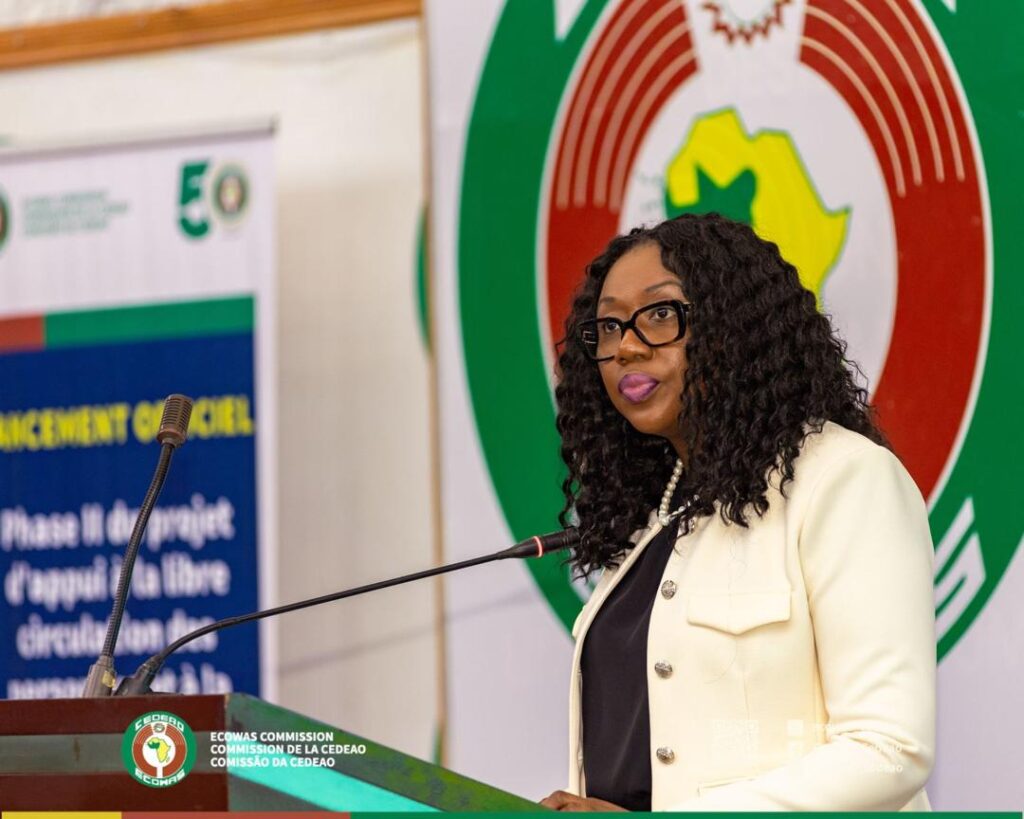
In their addresses, they underscored the immense potential of migration as a driver of stability and opportunity rather than a challenge to be feared.
The FMM II builds upon the successes of its predecessor, advancing regional integration through improved migration policies, border management, and labor mobility. With funding from the European Union and technical support from the International Organization for Migration (IOM), the International Labour Organization (ILO), and the International Centre for Migration Policy Development (ICMPD), the project is poised to transform the socio-economic landscape of West Africa.
For decades, migration within West Africa has been a defining characteristic of the region, with millions crossing borders in search of economic opportunities, education, and family reunification. However, without effective governance structures, these movements have often faced challenges, including bureaucratic bottlenecks, security concerns, and lack of adequate support systems.
FMM II seeks to address these gaps by fostering policies that not only ensure smooth mobility but also protect the rights and dignity of migrants. By reinforcing border cooperation and data collection, ECOWAS and its partners aim to create a migration-friendly environment that enhances trade, investment, and social cohesion.
H.E. Damtien L. Tchintchibidja emphasized ECOWAS’s unwavering commitment to strengthening free movement as a pillar of regional prosperity. “Migration is not merely about crossing borders; it is about expanding opportunities, fostering innovation, and building resilient economies,” she stated.
EU Head of Cooperation, Mr. Massimo De Luca, echoed these sentiments, highlighting the EU’s dedication to supporting Africa’s migration governance. “With the right policies in place, migration ceases to be a crisis—it becomes a powerful tool for development,” he noted.
With a strong emphasis on job creation, labor mobility, and social protection, FMM II aims to empower millions of West Africans, particularly women and youth, to leverage migration as a pathway to economic and personal advancement.
Migration, when well-managed, is not a challenge—it’s the future. As West Africa embraces this new era of mobility, FMM II stands as a beacon of hope, unity, and progress, ensuring that migration remains a force for good in the region’s development journey.



